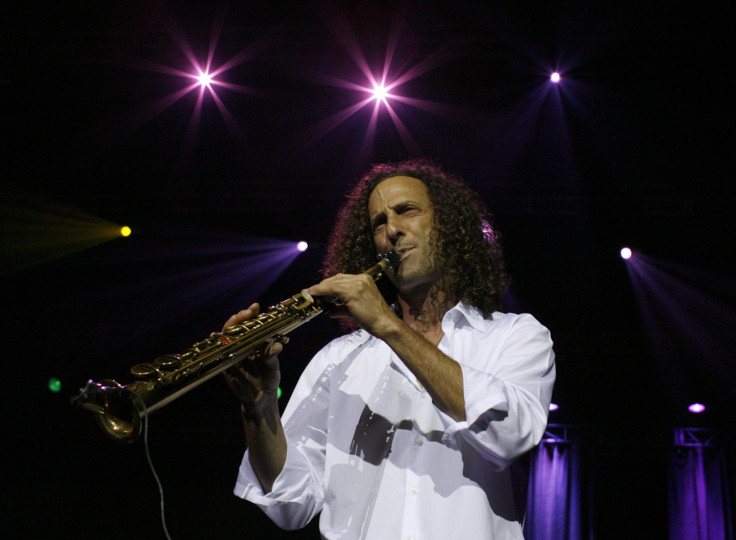Kenny G Tweets From Hong Kong Protests, Gets Warning From Beijing

American jazz musician Kenny G is big in China, where one of his saxophone instrumentals is ubiquitous, but he may have jeopardized his popularity on the mainland after making an appearance at the Hong Kong protests. Kenny G, who has gained notoriety among mainland Chinese for his 1989 chart-topping hit "Going Home," snapped a photo of himself on the front lines of Occupy Central, the pro-democracy protests taking place in Hong Kong.
On Twitter, Kenny G, whose name real name is Kenneth Gorelick, posted a photo of himself in front of a pro-democracy poster and flashed a peace sign. “In Hong Kong at the sight of the demonstration,” the tweet read (he meant "the site," of course).
in Hong Kong at the sight of the demonstration. I wish everyone a peaceful and positive conclusion to this situation pic.twitter.com/mEp5jIXLjj
- Kenny G (@officialkennyg) October 22, 2014People on Twitter responded by noting that such an outspoken act could get the musician in trouble.
Welcome to the #OcccupyCentral blacklist, Kenny G pic.twitter.com/440Rw0cbkD
- Chua Chin Hon (@chinhon) October 22, 2014
When it comes to the divisive topic of democracy in Hong Kong and China’s rule in the special administrative region, Kenny G’s statement actually seems quite neutral. Still, after the photo made the rounds on social media, China’s foreign ministry had something to say about the curly-haired musician.
“Kenny G’s musical works are widely popular in China,” Hua Chunying, a ministry spokeswoman, said during the daily news briefing in Beijing. “We hope that foreign governments and individuals speak and act cautiously and not support the Occupy Central and other illegal activities in any form.”
His hit “Going Home” is instantly recognized by many Chinese, and the song was -- and still is -- played in shopping malls, schools, train stations, waiting rooms and elevators as a sort of a last call for the public to start heading home.
If Kenny G takes a stronger stance on the Hong Kong protests, his relationship with officials in China could end up taking the route of Bjork's. During her 2008 concert, the Icelandic electronic pop-rocker spoke openly about being pro-Tibet independence, angering Beijing. Her performance prompted a wider crackdown on foreign performers playing shows in China; she hasn't played in mainland China since.
© Copyright IBTimes 2025. All rights reserved.






















